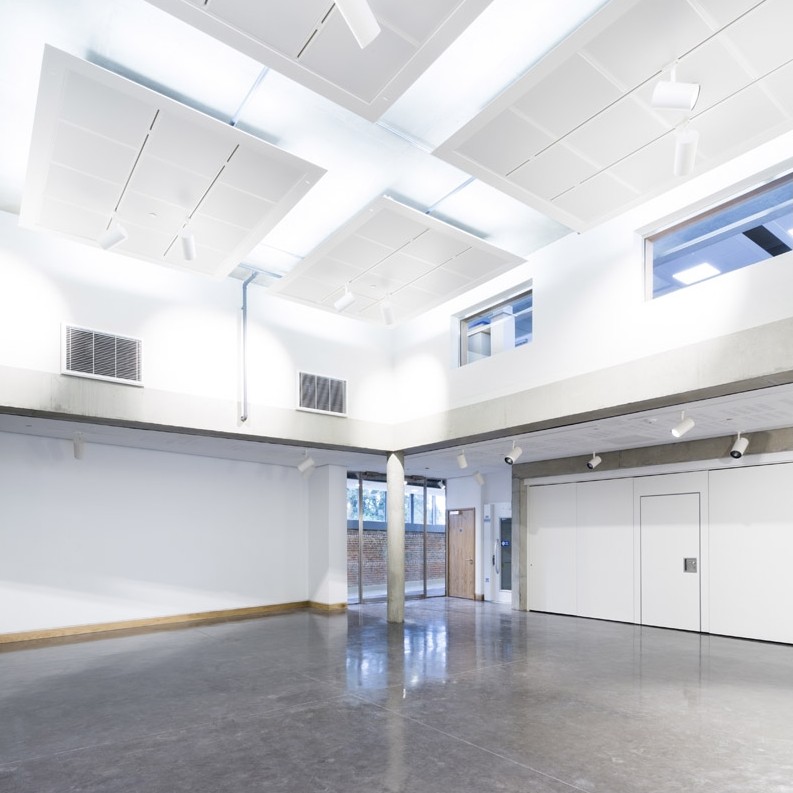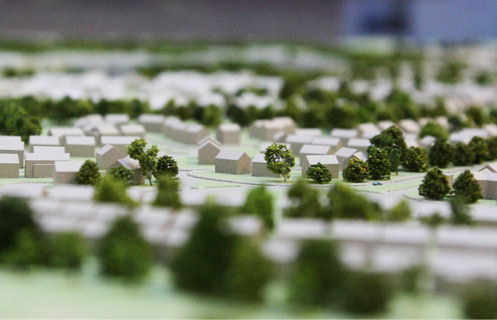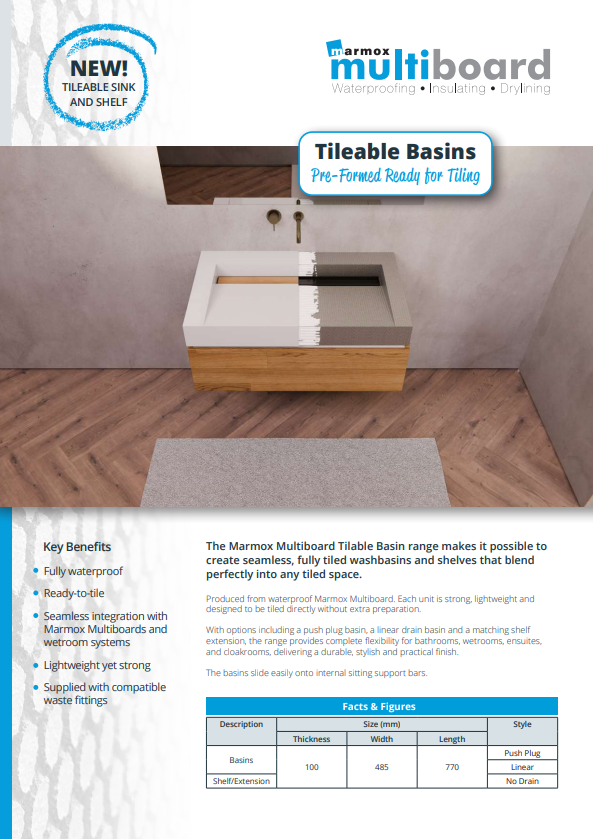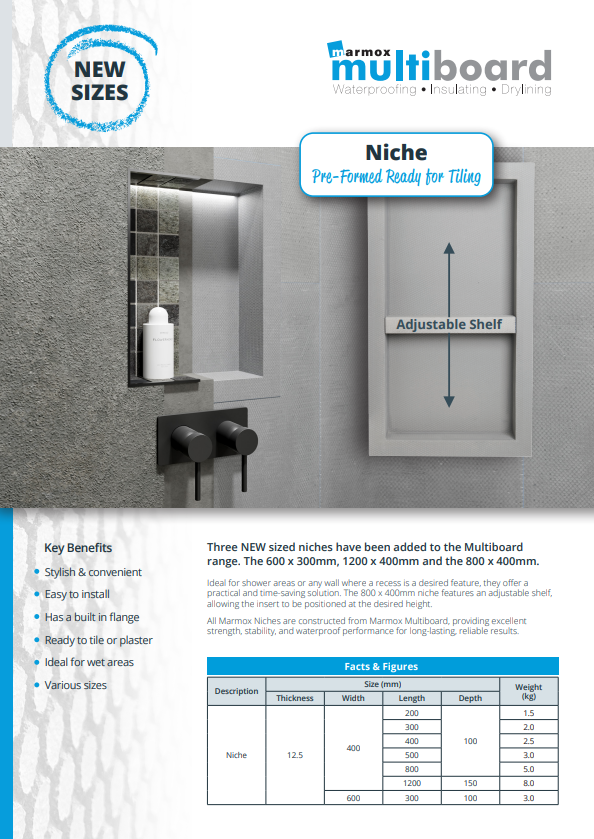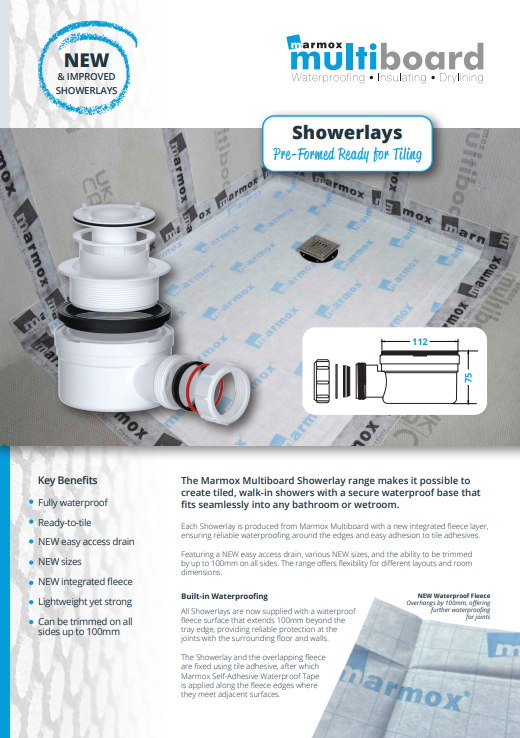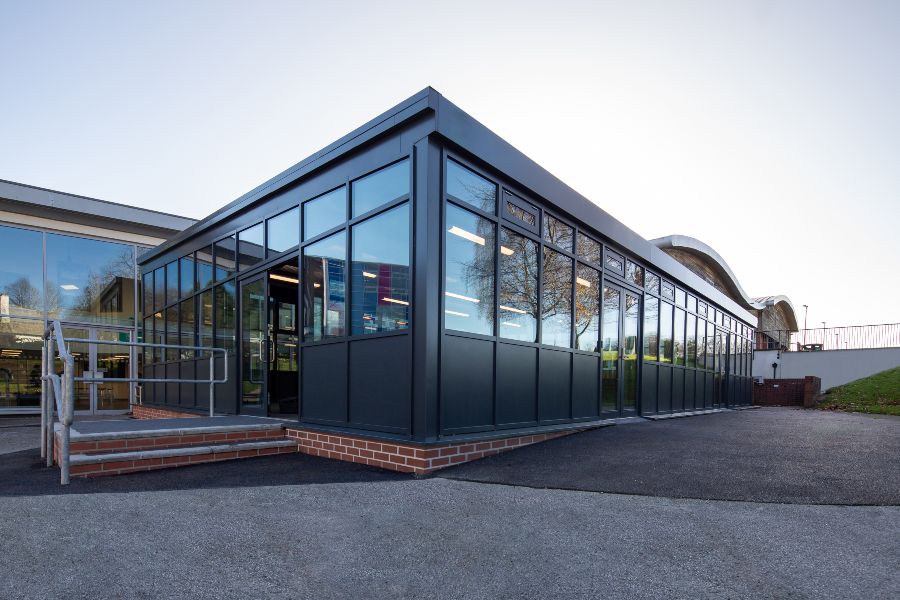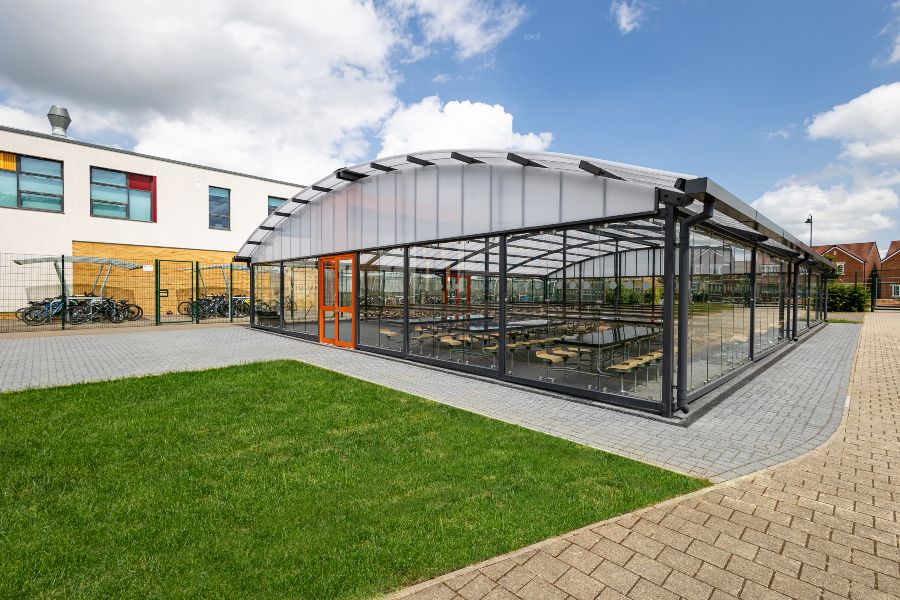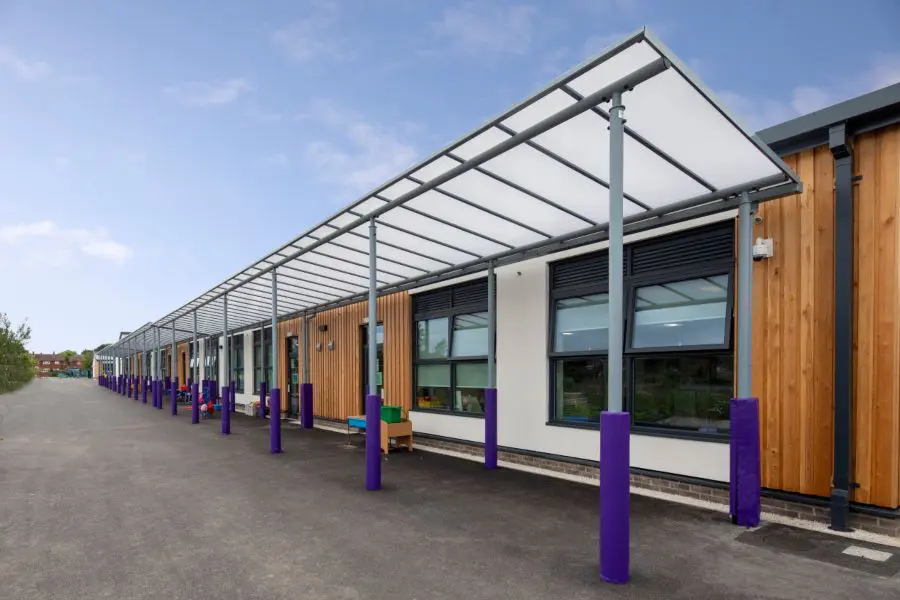Ceiling canopies from Armstrong have been specially adapted for a purpose-built museum.
A new, purpose-built home for a military museum has made unusual use of Armstrong Ceilings.
The new £2.3million Soldiers of Oxfordshire Museum features 29 of Armstrong’s 1800mm x 2400mm Axiom Knife Edge aluminium canopies with Tegular 2 metal tiles under the exposed concrete soffits throughout the display and office areas.
But in this case, the main runners of the standalone canopy - an easily-relocatable modular system designed to create ceiling “clouds” for acoustically-challenged or exposed structure spaces - have been specially adapted to carry recessed spot lights to meet the museum’s requirement for illumination at any point within the gallery space.
Armstrong’s technical department worked with Oxford Architects to adapt the standard components to allow the ceiling canopy design to incorporate lighting tracks into the main runners without the need for bespoke fabrication. Specialist sub-contractor Berkeley Integra then produced a sample raft complete with the lighting installation.
Oxford Architects have used Armstrong Ceilings system for the past 30 years and specified the Axiom canopies to meet the visual design requirements of the museum, a charitable trust colloquially known as SOFO.
The practice’s Brian Mortimer said: “They provide an acoustic and lighting base, and incorporate the display lighting. As the museum required the potential to have spot lighting anywhere in the gallery space, plug-in lighting tracks were required to maintain building flexibility, even under the ceiling rafts.”
The ultra microperforated metal 600mm x 600mm Tegular 2 tile perforations are practically invisible miniature holes less than 0.5mm in diameter. Incident sound waves are absorbed without the need for any acoustic infill. They are also manufactured from 30% recycled content and feature 83% light reflectance.
The museum moved from the Defence Logistics Organisation in Caversfield to The Oxfordshire Museum in the centre of Woodstock where it had previously held temporary exhibitions of its extensive collection of military and other artefacts, documents and medals representing a significant aspect of military and social history in Oxfordshire.
Its purpose-built, concrete-framed 824m2 home replaces an under-used single-storey modular building at the north end of the site within Woodstock Conservation Area but clever detailing and use of a simple palette of natural materials including a green roof has enabled the new three-storey building to blend into the site.
It incorporates a multi-function orientation space called “The Briefing Room” that can be used for meeting and entertainment space, an audio visual display room or for temporary exhibitions.
The layout of the new building locates archive space in the rear sub-level area, with public exhibition and social spaces at ground floor. The first floor is designed with voids to allow ground-floor galleries the facility to take large, vertically-orientated exhibits which were previously not possible to accommodate.
To view additional project images, visit www.armstrong-ceilings.co.uk\projectgallery.






